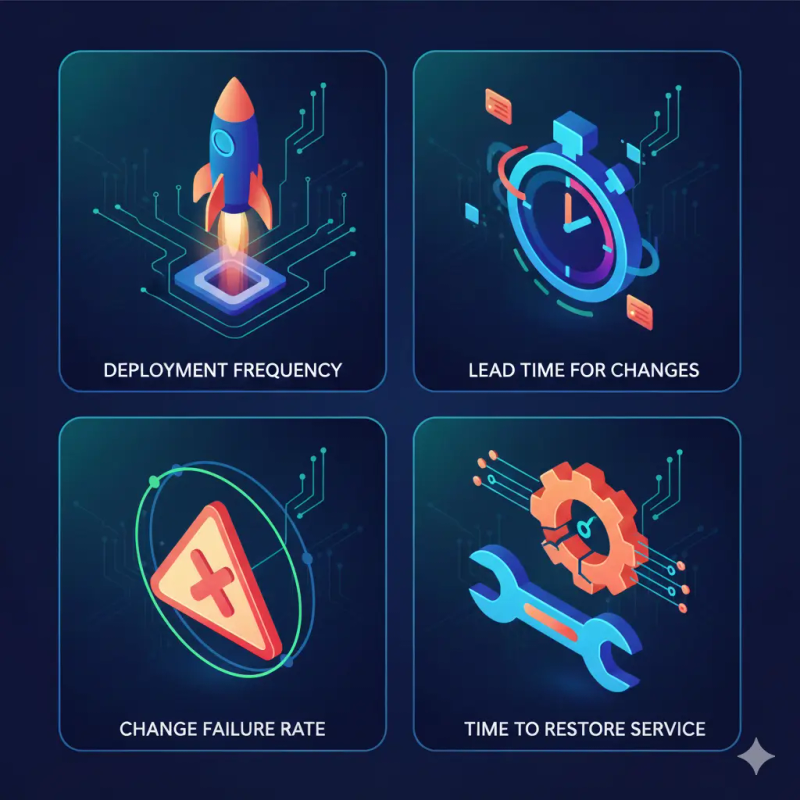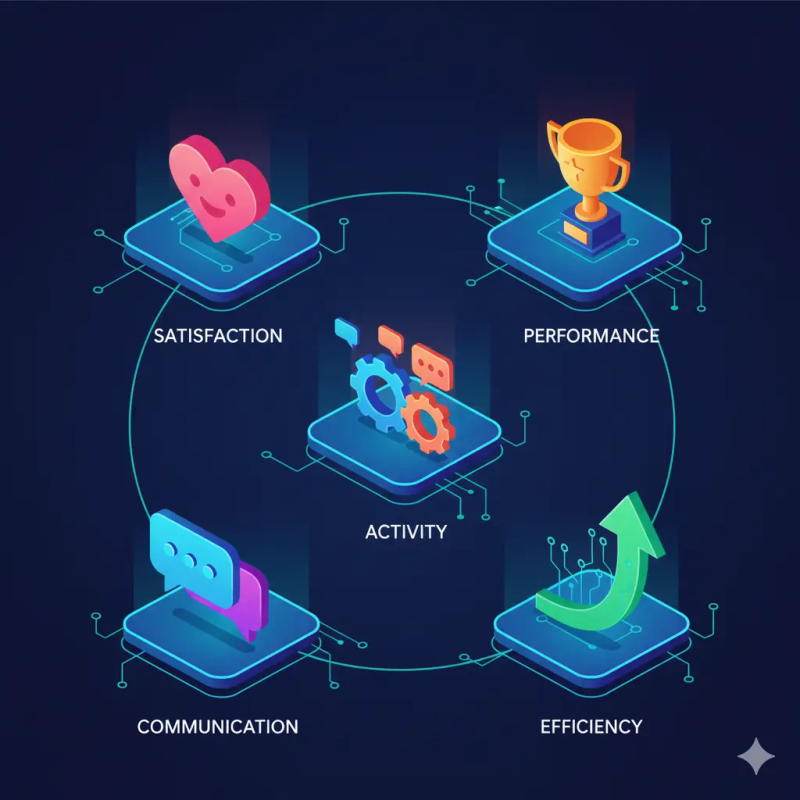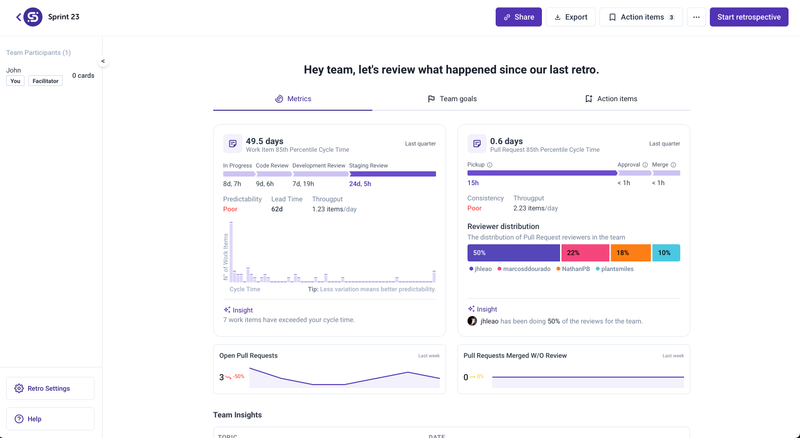-
 Tech
TechWhy We Chose Astro for Our New Website
Dan Wyks • -
 data
data3 Metrics You Should Review at Every Retrospective
Colleen Johnson • -
 participation
participationThe Power of Developer Feedback
John Samuelson • -
 improvement
improvementWhy Quarterly Retros Ensure Nothing Changes in Agile Release Trains
John Samuelson • -
 Metrics
MetricsDORA Metrics
Dan Wyks • -
 Metrics
MetricsS.P.A.C.E. Framework
Dan Wyks • -
 Improvement
Improvement5 Things You May Not Know About the SAFe Inspect and Adapt Event
Emma Ropski • -

How ScatterSpoke Developers Improved Developer Productivity with Cody
John Samuelson • -
 data
dataHow Engineering Metrics Can Improve Your Software Development Process
John Samuelson •